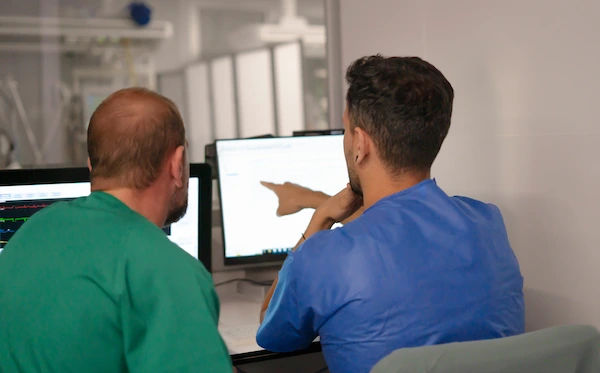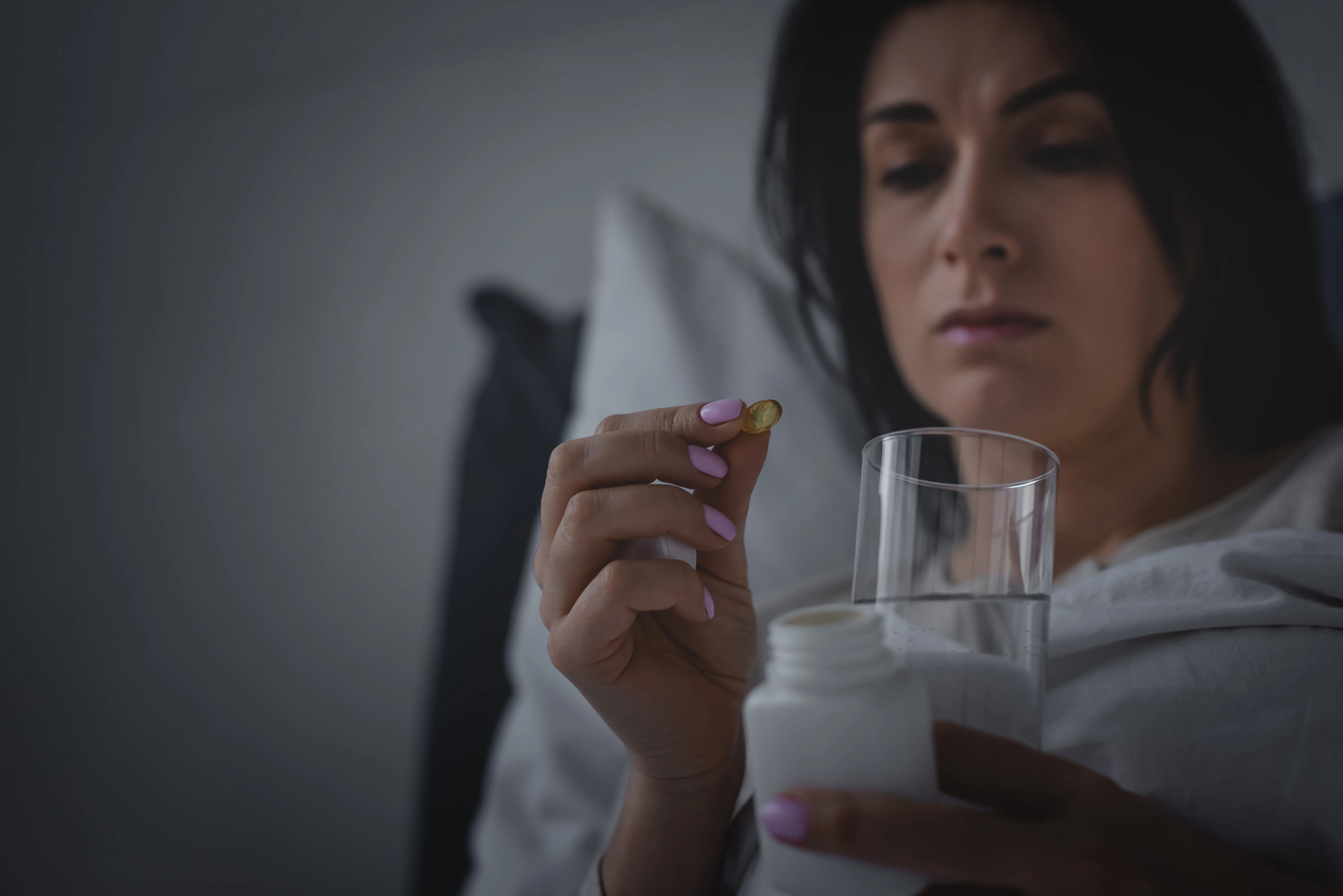Managing Diabetes During Travel
Know about management of diabetes during travel, essential preparations, how to keep on track and handling emergencies in diabetes and more.

Written by Dr. D Bhanu Prakash
Reviewed by Dr. Rohinipriyanka Pondugula MBBS
Last updated on 26th Aug, 2025

Introduction
Travelling can be an exciting experience, but for people with diabetes, it requires some extra planning to stay healthy and avoid complications. Whether you're travelling for work or leisure, managing your blood sugar levels while on the go is essential. Here’s a simple and supportive guide to help you travel safely with diabetes.
Why Is Travelling with Diabetes Challenging?
Diabetes affects how your body processes sugar, and travelling can disrupt your routine in several ways:
• Changes in meal timings and food options
• Different time zones affect medication schedules
• Physical activity levels (more or less than usual)
• Stress from travel delays or unfamiliar environments
These factors can make blood sugar control tricky, but with the right preparation, you can enjoy your trip without worries.
Consult the Best Endocrinologist for Personalised Advice
Before You Travel: Essential Preparations
The essential preparations include:
1. Consult Your Doctor
Before your trip, visit your doctor to:
• Get a check-up and ensure your diabetes is well-controlled.
• Ask for extra prescriptions in case you lose your medicines.
• Discuss adjusting insulin doses if travelling across time zones.
• Request a doctor’s note explaining your condition and medications (useful at airports).
2. Pack Smart: Diabetes Travel Kit
Carry a well-organised travel kit with:
• Medications & Supplies: Insulin, glucose tablets, syringes/pens, test strips, lancets, and a backup glucose meter.
• Snacks: Healthy, non-perishable snacks (nuts, protein bars, dried fruits) to manage low blood sugar.
• Medical ID: Wear a bracelet or carry a card stating you have diabetes.
• Cooling Pouch: If travelling to hot places, keep insulin cool with an insulated bag (but don’t freeze it).
3. Research Your Destination
• Check if your destination has pharmacies or hospitals nearby.
• Learn how to say "I have diabetes" or "sugar" in the local language.
• If flying, check airline policies on carrying insulin and medical supplies.
During Travel: Staying on Track
It should involve:
1. Managing Medications & Time Zones
• Flying Across Time Zones? Ask your doctor how to adjust insulin doses.
• Set Alarms: Use your phone to remind you when to take medicines.
• Keep Insulin Safe: Avoid leaving it in extreme heat or cold (e.g., a car trunk).
2. Eating Wisely on the Go
• Choose Balanced Meals: Opt for lean proteins, vegetables, and whole grains.
• Watch Portions: Aeroplane meals or buffets may have hidden sugars—check labels.
• Stay Hydrated: Drink water, not sugary sodas, to avoid dehydration.
3. Monitoring Blood Sugar Frequently
• Test more often than usual, especially if eating unfamiliar foods.
• Be prepared for highs (hyperglycemia) or lows (hypoglycemia).
4. Staying Active Safely
• Walking tours or long flights can affect blood sugar.
• Carry fast-acting carbs (juice, candy) in case of low blood sugar.
Handling Emergencies
It involves:
Signs of Low Blood Sugar (Hypoglycemia)
• Shakiness, sweating, dizziness, confusion
• Action: Eat 15g of fast-acting sugar (glucose tablets, juice) and recheck after 15 minutes.
Signs of High Blood Sugar (Hyperglycemia)
• Extreme thirst, frequent urination, fatigue
• Action: Drink water, take insulin as prescribed, and rest.
When to Seek Help?
It includes:
• If blood sugar stays too high or too low despite treatment.
• If you feel very sick (nausea, vomiting, confusion).
Post-Travel Check-Up
Once home, check your blood sugar levels and visit your doctor if you notice any unusual patterns.
Final Thoughts
If you are diabetic and travelling, relax & enjoy, as stress affects blood sugar. Practice deep breathing if anxious, wear comfortable shoes as they protect your feet from blisters or infections and lastly, inform Travel Companions that you may need help in an emergency.
Consult the Best Endocrinologist for Personalised Advice
Consult the Best Endocrinologist for Personalised Advice

Dr. Anand Ravi
General Physician
2 Years • MBBS
Bengaluru
PRESTIGE SHANTHINIKETAN - SOCIETY CLINIC, Bengaluru

Dr. Gayatri S
Endocrinologist
4 Years • Suggested Qualifictaion- MBBS, MD (Internal Medicine), DM (ENDOCRINOLOGY)
Nellore
Narayana hospital, Nellore

Dr. E Prabhakar Sastry
General Physician/ Internal Medicine Specialist
40 Years • MD(Internal Medicine)
Manikonda Jagir
Apollo Clinic, Manikonda, Manikonda Jagir
(125+ Patients)
Aditya Singh
Endocrinologist
8 Years • MBBS
Bengaluru
Apollo One Electronic City, Bengaluru

Dr. Venkata Rakesh Chintala
Endocrinologist
8 Years • MBBS,MD( GEN MEDICINE), DM ( ENDOCRINOLOGY)
Krishna district
Sanjeevani Hospital, Krishna district
Consult the Best Endocrinologist for Personalised Advice

Dr. Anand Ravi
General Physician
2 Years • MBBS
Bengaluru
PRESTIGE SHANTHINIKETAN - SOCIETY CLINIC, Bengaluru

Dr. Gayatri S
Endocrinologist
4 Years • Suggested Qualifictaion- MBBS, MD (Internal Medicine), DM (ENDOCRINOLOGY)
Nellore
Narayana hospital, Nellore

Dr. E Prabhakar Sastry
General Physician/ Internal Medicine Specialist
40 Years • MD(Internal Medicine)
Manikonda Jagir
Apollo Clinic, Manikonda, Manikonda Jagir
(125+ Patients)
Aditya Singh
Endocrinologist
8 Years • MBBS
Bengaluru
Apollo One Electronic City, Bengaluru

Dr. Venkata Rakesh Chintala
Endocrinologist
8 Years • MBBS,MD( GEN MEDICINE), DM ( ENDOCRINOLOGY)
Krishna district
Sanjeevani Hospital, Krishna district




